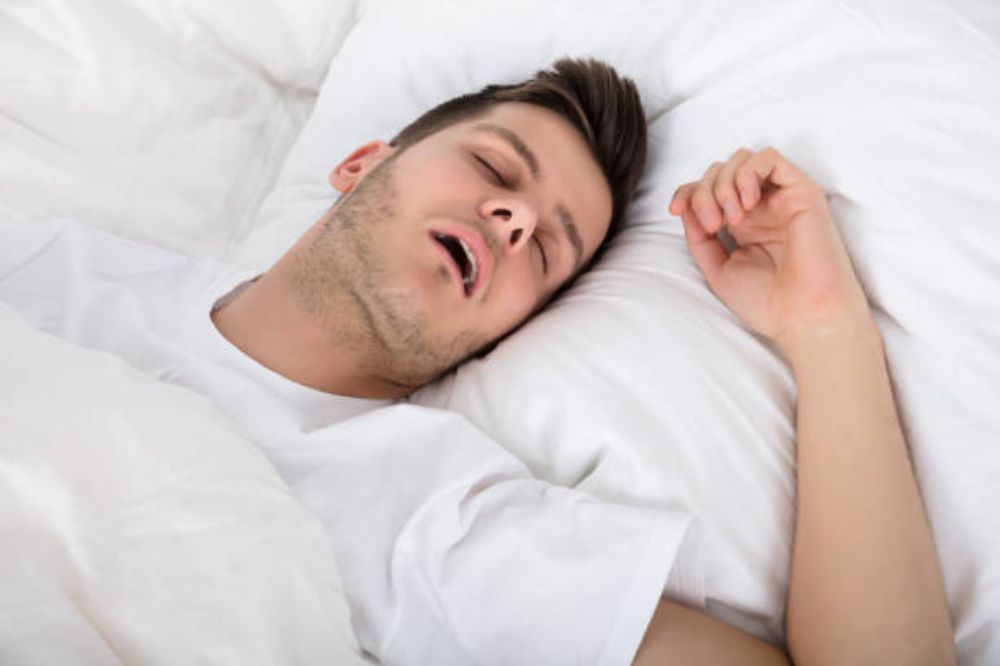Having sleep problems at night because of snoring? Tired of waking up in the morning, even after a full night of sleep? Snoring can cause disruptions in your sleep, which may affect you more than you know, including affecting your health and, more importantly, your breathing. Finding a snoring treatment near you is essential for restful sleep and a better life.
What is the Right Treatment for You?
Snoring has many causes, and your treatment will depend on your unique situation. Often, the most effective treatment plan is the use of a combination of lifestyle modifications along with medical treatments and/or dental devices. The better you understand the options available to you, the more likely you will achieve control of your sleep health.
Can a Dentist Help With Snoring?
Yes, your dentist in NW Calgary can play a key role in treating snoring. Many people are surprised to learn that snoring often starts in the mouth and throat. Dentists can provide custom oral appliances, also called mandibular advancement devices, which reposition the jaw and tongue to keep your airway open at night.
These devices are:
- Non-invasive
- Comfortable to wear
- Proven to reduce snoring and mild sleep apnea
What’s the Best Treatment for Snoring?
Snoring has no clear-cut solution because the best treatment depends on the cause. Here are a few options you can consider:
- Oral Appliances: Specially designed by a dentist for jaw positioning to prevent obstructing the airway.
- CPAP Therapy: A continuous positive airway pressure treatment for moderate to severe cases of snoring.
- Lifestyle Changes: Such as losing weight, avoiding alcohol consumption before bed, or sleeping on your side.
- Nasal Treatments: Any number of surgical or other solutions to unblock nasal passages.
You may want to contact your dentist to determine whether your snoring is due to jaw position or a blocked airway and what treatment may work best for you.
How to Stop Snoring Naturally at Home?
Try these simple tips before using medical devices. Here are natural home ways to help stop snoring:
- Maintain a healthy weight to help relieve pressure on the airway.
- Sleep on your side rather than your back.
- Use a humidifier to help moisten your airways.
- Avoid alcohol and sedatives before bedtime.
- Keep a regular sleep schedule.
If these do not bring relief, it may be time to explore professional treatments.
What Are The Effective Treatments for Snoring?
If the home changes didn’t work, there are proven remedies for snoring:
- Custom Dental Devices: A dentist can make a device to keep the jaw aligned.
- CPAP Machines: work well for sleep apnea related to snoring.
- Surgery: There are surgical options available if the structure of the airway is the reason for snoring.
- Nasal Strips or Unilateral Nasal Dilators: Will be helpful for a snorer who is nasal-based.
The most important element is an accurate diagnosis. A sleep study dentist or sleep specialist will assist with this process and determine which option is best for your situation.
Are You Ready To Sleep Well Again?
Snoring is not only bothersome; it can also affect your overall health and energy level. Treatment will depend on what is causing the snoring, but in some cases, it is possible to identify a long-term solution with professional assistance. If you are ready to explore all the safe and effective snoring solutions that exist, please contact Royal Vista Dental for your consultation today!
FAQs
Q1. Can children benefit from snoring treatment?
Yes. In children, snoring may be associated with enlarged tonsils, allergies, or abnormal airway development. Early treatment may help prevent long-term sleep problems.
Q2. Do dental devices for snoring take a long time to get used to?
Most of the time, patients get used to the device within one to two weeks. The devices are custom-fitted, so they can often be more comfortable to wear than a similar device purchased from a store.
Q3. Can snoring affect other health issues when left untreated?
Yes. Constant snoring can be a sign of sleep apnea, which can increase blood pressure, heart disease, and daytime sleepiness.
Q4. Is snoring always because of sleep apnea?
No. While sleep apnea is one of the most common reasons for snoring, other reasons may be nasal congestion, alcohol use, or poor sleep posture.
